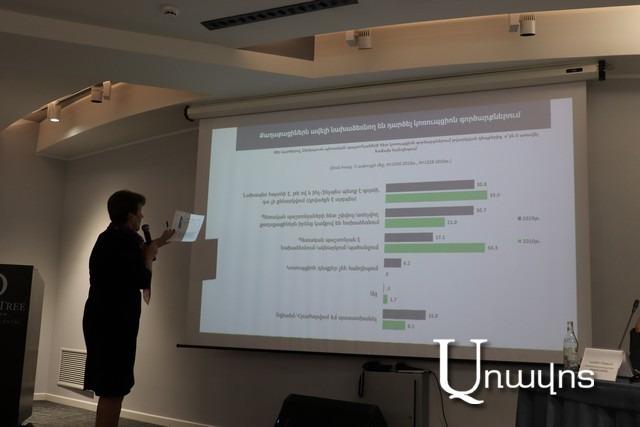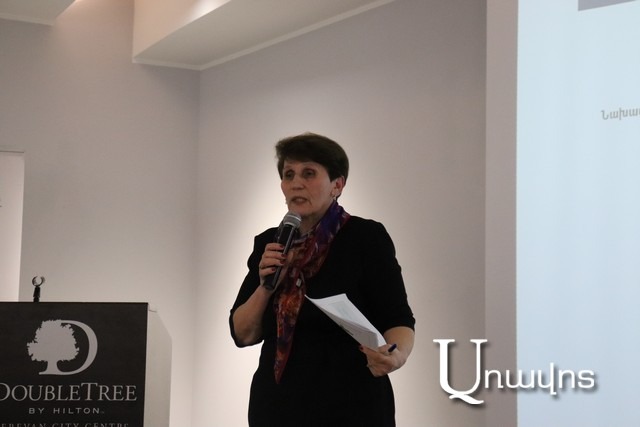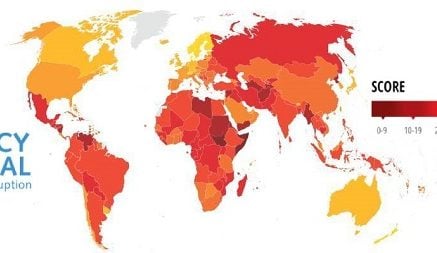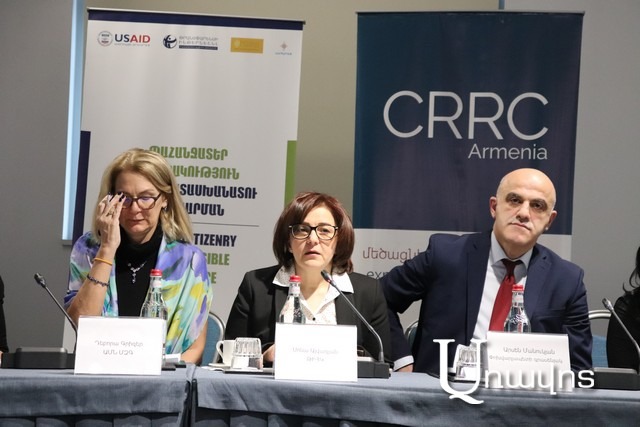The results of the Corruption Perception in Armenia 2019 study were released. The study took place on behalf of the Caucasus Research Resource Center and was supported by USAID and Transparency International within the framework of the Engaged Citizenry for Responsible Governance project.
The study was noteworthy in the sense that it shows whether or not there has been a change in the perception of corruption after the revolution. The study took place in October and November of 2019. 1,500 people participated.
54 percent of those surveyed were interested in politics and in state governance. People were more likely to discuss political events with their friends as opposed to participating in conferences or city council sessions. When asked what the most important issue in Armenia is, 25.9 percent mentioned unemployment, 14 percent mentioned poverty, and 12.6 percent mentioned low salaries. 5.7 percent of people believe that corruption is the main issue.
Read also
According to the survey, 65 percent of those who participated believe that corruption is a major issue for Armenia. 82 percent thought the same way in 2010. There were 1,528 participants. People living in Yerevan considered corruption to be a more serious issue than those living in rural communities.
38 percent of participants believed that corruption has a major impact on them, their circle, and their communities. Only 5 percent believed that corruption does not exist in Armenia. It is noteworthy that, in response to the question of whether they believed that corruption was widespread when the former authorities were in power, 84 percent responded yes, whereas 4 percent responded that there is more corruption now. 94 percent of participants believed that there was widespread corruption during the former regime.
49 percent believed that the most corrupt structures are judges and the courts, as well as the media. Then, respondents said that the Prosecutor General, political parties, and religious organizations are the most corrupt.
It is also noteworthy that 75 percent of participants do not believe that the Prime Minister is corrupt. 57 percent believe the same about the Prime Minister’s cabinet.
Hripsime Jebejyan


























































